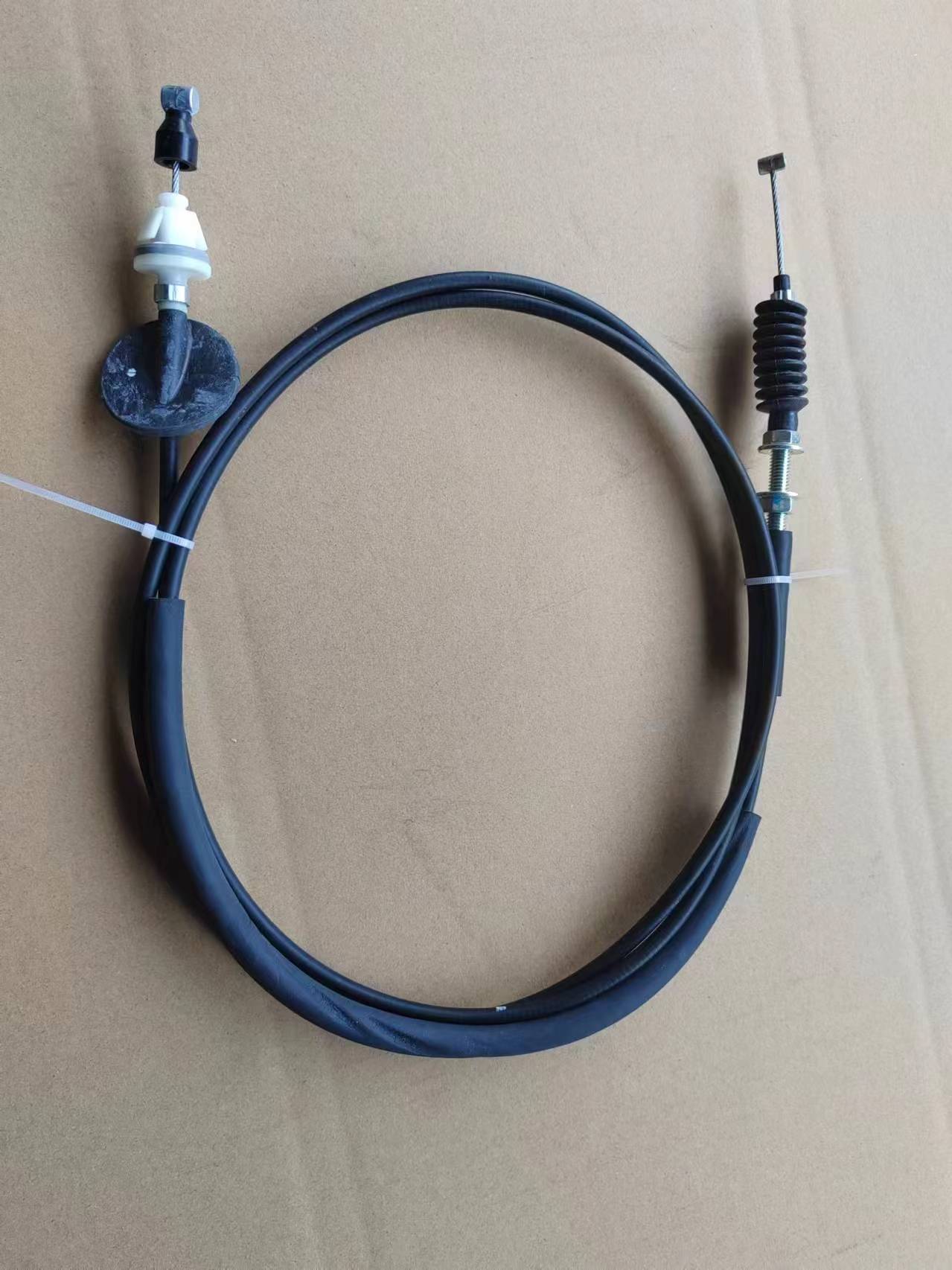Clutch Fluid Line Solutions | High-Quality Clutch Fluid Lines for Optimal Performance
Understanding Clutch Fluid Lines A Key Component of Vehicle Performance
When it comes to maintaining your vehicle's performance, one of the often-overlooked components is the clutch fluid line. This vital part of the clutch system plays a significant role in ensuring smooth gear shifts and the overall efficiency of your transmission. This article will explore the function of clutch fluid lines, why they are important, and how to maintain them for optimal vehicle performance.
What is a Clutch Fluid Line?
The clutch fluid line is a hydraulic line that connects the clutch master cylinder to the clutch slave cylinder. In vehicles equipped with a hydraulic clutch system, this line is responsible for transmitting hydraulic fluid under pressure from the master cylinder when the clutch pedal is depressed. This action allows the slave cylinder to engage or disengage the clutch, enabling the driver to shift gears smoothly.
The Importance of Clutch Fluid Lines
1. Smooth Operation The clutch fluid line is crucial for the proper functioning of the clutch system. When you press the clutch pedal, the hydraulic fluid flows through the clutch fluid line, which acts as a conduit for transmitting force. If the fluid line is damaged or leaking, it can lead to a lack of pressure, resulting in difficulty engaging or disengaging the clutch.
2. Performance and Reliability A well-maintained clutch fluid line ensures reliable performance. Any issues with the fluid line, such as wear and tear or leaks, can create problems in the engagement of the clutch, which can negatively affect driving experience and vehicle performance. Regular inspection and maintenance are essential to prevent unexpected failures.
clutch fluid line

3. Safety Considerations Proper clutch function is not just about performance; it is also about safety. A malfunctioning clutch can lead to scenarios where the driver cannot control gear shifts effectively, potentially causing dangerous situations on the road. Ensuring the integrity of the clutch fluid line is, therefore, a key part of vehicle safety.
Maintenance Tips
1. Regular Inspections It's important to periodically check the condition of your clutch fluid line. Look for signs of wear, such as cracks, frays, or leaks. Early detection can prevent larger issues down the line.
2. Fluid Check and Replacement The hydraulic fluid in the clutch system should also be checked regularly. If the fluid appears dark or dirty, it may be time for a replacement. Using the manufacturer-recommended hydraulic fluid is essential to maintain system performance.
3. Professional Servicing If you notice any irregularities with your clutch system or if you're unsure about the condition of your clutch fluid line, it's best to consult with a professional mechanic. They can conduct a thorough inspection and perform any necessary repairs or replacements.
Conclusion
The clutch fluid line is an essential part of your vehicle's clutch system that should not be overlooked. By understanding its function and importance, as well as following proper maintenance guidelines, you can ensure your vehicle operates smoothly and safely. Regular checks can prevent small issues from becoming significant problems, ultimately contributing to better performance and longevity for your vehicle. Whether you’re a car enthusiast or just a daily driver, paying attention to the clutch fluid line is a step towards a better driving experience.
-
Upgrade Your Vehicle with High-Quality Handbrake CablesNewsNov.01,2024
-
Optimize Your Bike's Performance with Quality CablesNewsNov.01,2024
-
Enhance Your Vehicle's Performance with Quality Clutch ComponentsNewsNov.01,2024
-
Elevate Your Vehicle's Performance with Quality Throttle CablesNewsNov.01,2024
-
Elevate Your Vehicle's Performance with Quality CablesNewsNov.01,2024
-
Affordable Solutions for Your Cable NeedsNewsNov.01,2024
